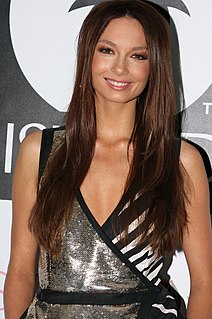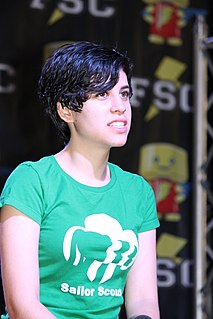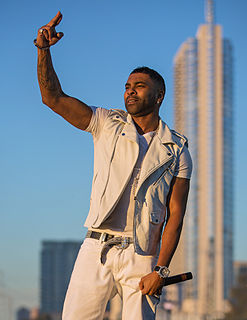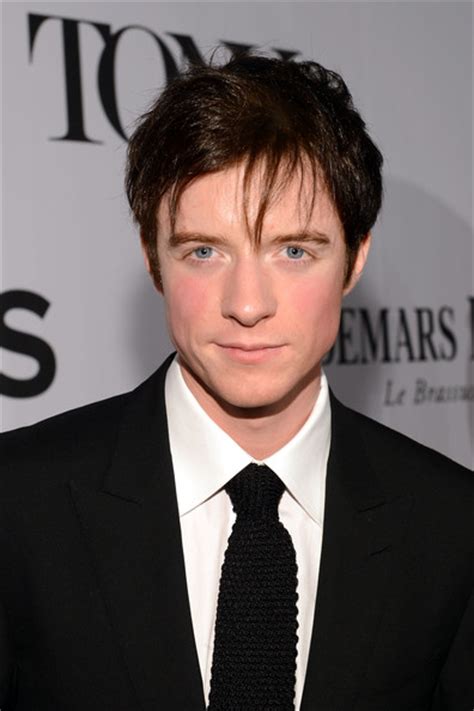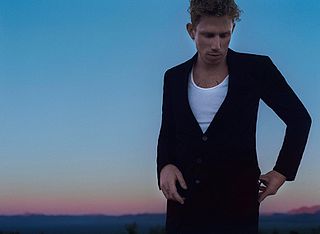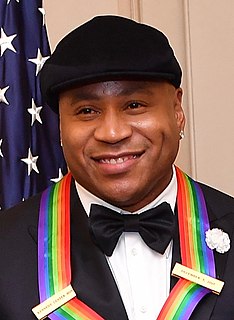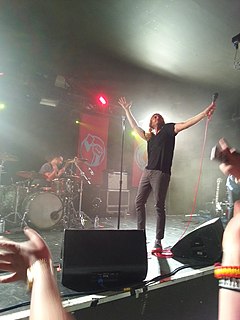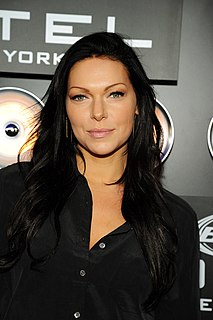A Quote by Hozier
Some of the earlier stuff I did in studio with producers was very pop-directed, which I was uncomfortable with.
Related Quotes
Producers - we always think, "Well, producers are very powerful," but producers don't really have the power. It's the appearance they might, but they don't. Even the actors don't. Even the studio heads don't, because they're beholden to this corporation and what the corporation wants. So no one really has the power, and everybody's trying to get through the day, and everybody's nervous and desperate.
In fact, on a side note, after the success of the first record, I got asked to write for some pop artists, as everybody does, and I did a couple songs for some of these massive stars and the review that I got back was, "This artist likes the song but it's too POP-y for them." I was like, "What do you mean, I thought I was writing for a pop star."
I think 'pop' can be a bit of a dirty word. People are very cool in Australia. They don't like to admit that they like pop. There are people who listen to Triple J and cool stuff like that, but commercial radio is massive, and if you look at the sales of the pop songs every week, people love pop music.

